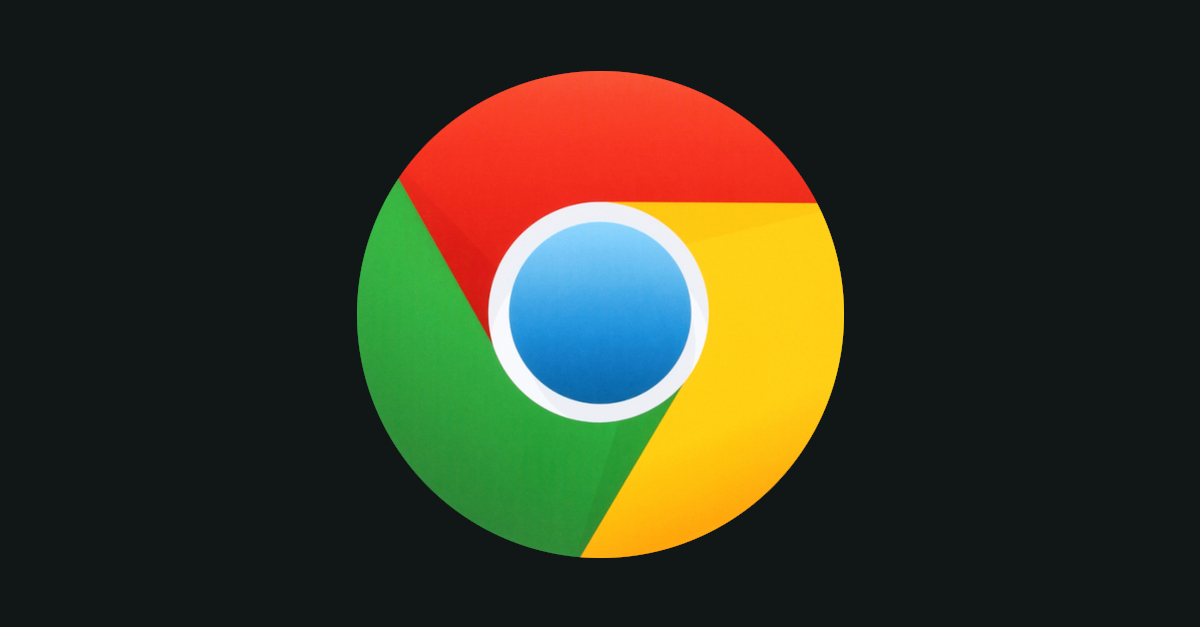Security News

Google has fixed a second actively exploited Chrome zero-day this month with the release of Chrome 89.0.4389.90 to the Stable desktop channel for Windows, Mac, and Linux users. The zero-day tracked as CVE-2021-21193 is rated by Google as a high severity vulnerability and was reported by an Anonymous researcher on Tuesday.

Google says that the latest Google Chrome version comes with major memory savings on Windows systems and improves energy consumption and overall responsiveness. Google Chrome 89, which rolled out earlier this week, comes with significant Windows memory management improvements, with the browser process requiring up to 22% less memory.

Google Chrome will block the browser's access to TCP port 554 to protect against attacks using the NAT Slipstreaming 2.0 vulnerability. Last year, security researchers disclosed a new version of the NAT Slipstreaming vulnerability that allows malicious scripts to bypass a website visitor's NAT firewall and access any TCP/UDP port on the visitor's internal network.

Google has added a new feature to Google Chrome Canary that makes it easier for users to test new hidden features under development. When Google creates a new browser feature, it is first tested in Google Chrome Canary and Google Chrome Beta.

Google has added a new feature to Google Chrome Canary that makes it easier for users to test new hidden features under development. When Google creates a new browser feature, it is first tested in Google Chrome Canary and Google Chrome Beta.

A new AI-powered Google Chrome extension will automatically turn on YouTube extensions if it detects you are eating noisy chips. I doubt few people have not experienced hearing a movie, TV show, or video while someone next to you is loudly eating chips.

We've never quite understood Google's mention of rolling out updates over "Days/weeks" in an update bulletin that includes 47 security fixes, of which eight have a severity level of High. We suggest going out manually and making sure you've got your Chrome update already, without waiting for those day/weeks to elapse until the update finds you.

Exactly a month after patching an actively exploited zero-day flaw in Chrome, Google today rolled out fixes for yet another zero-day vulnerability in the world's most popular web browser that it says is being abused in the wild. Chrome 89.0.4389.72, released by the search giant for Windows, Mac, and Linux on Tuesday, comes with a total of 47 security fixes, the most severe of which concerns an "Object lifecycle issue in audio."

Google has fixed a high-severity vulnerability in its Chrome browser and is warning Chrome users that an exploit exists in the wild for the flaw. "The Chrome team is delighted to announce the promotion of Chrome 89 to the stable channel for Windows, Mac and Linux," according to Google on Tuesday.

Google this week announced the availability of Chrome 89 in the stable channel, with patches for a total of 47 vulnerabilities, including one that has been exploited in the wild. Tracked as CVE-2021-21166, the zero-day security hole is described as a high-severity "Object lifecycle issue in audio." The bug was reported by Alison Huffman of Microsoft Browser Vulnerability Research, and is the second of this type addressed in Chrome 89, alongside CVE-2021-21165, also rated high risk.